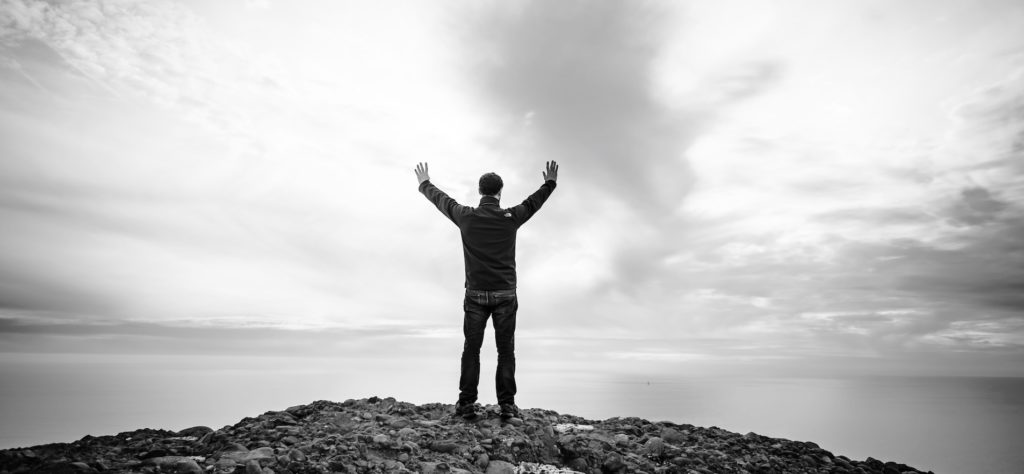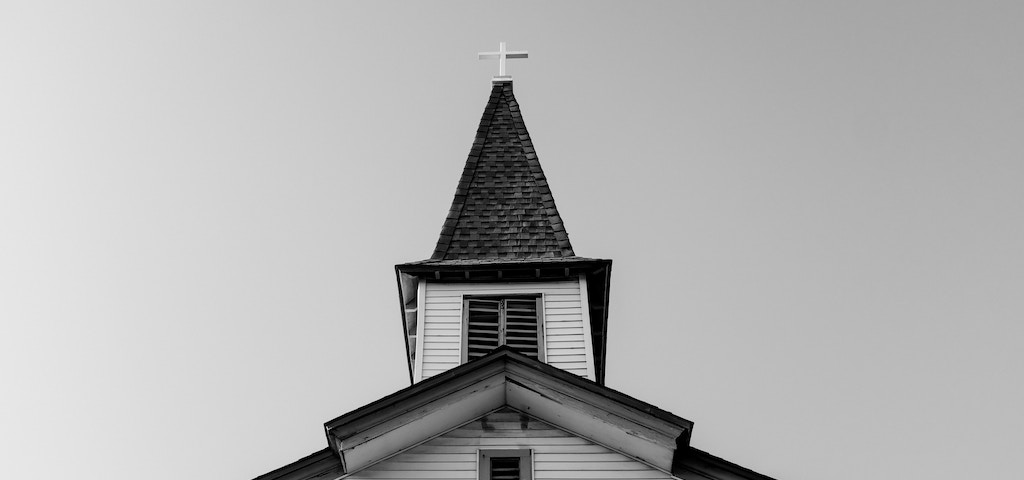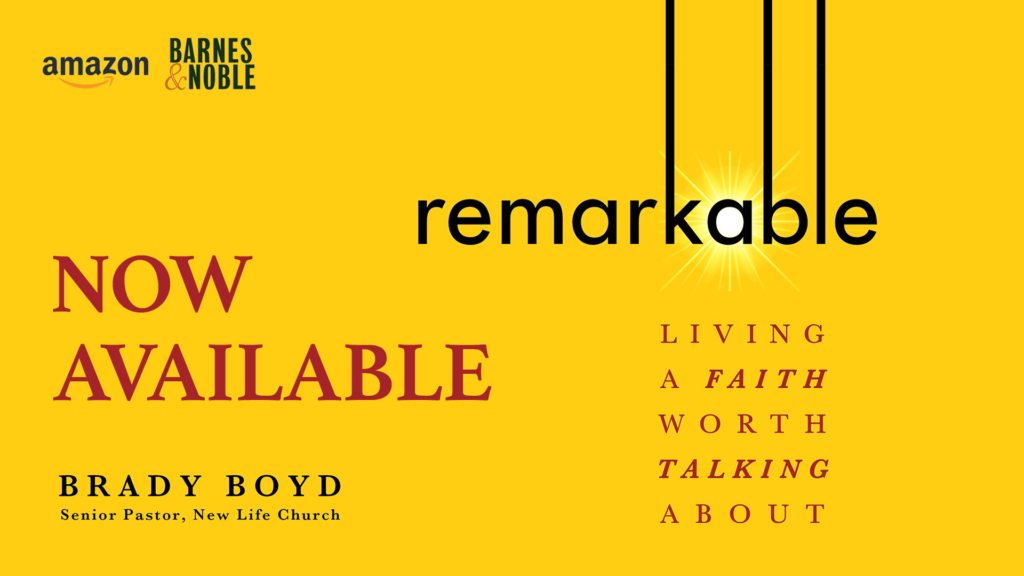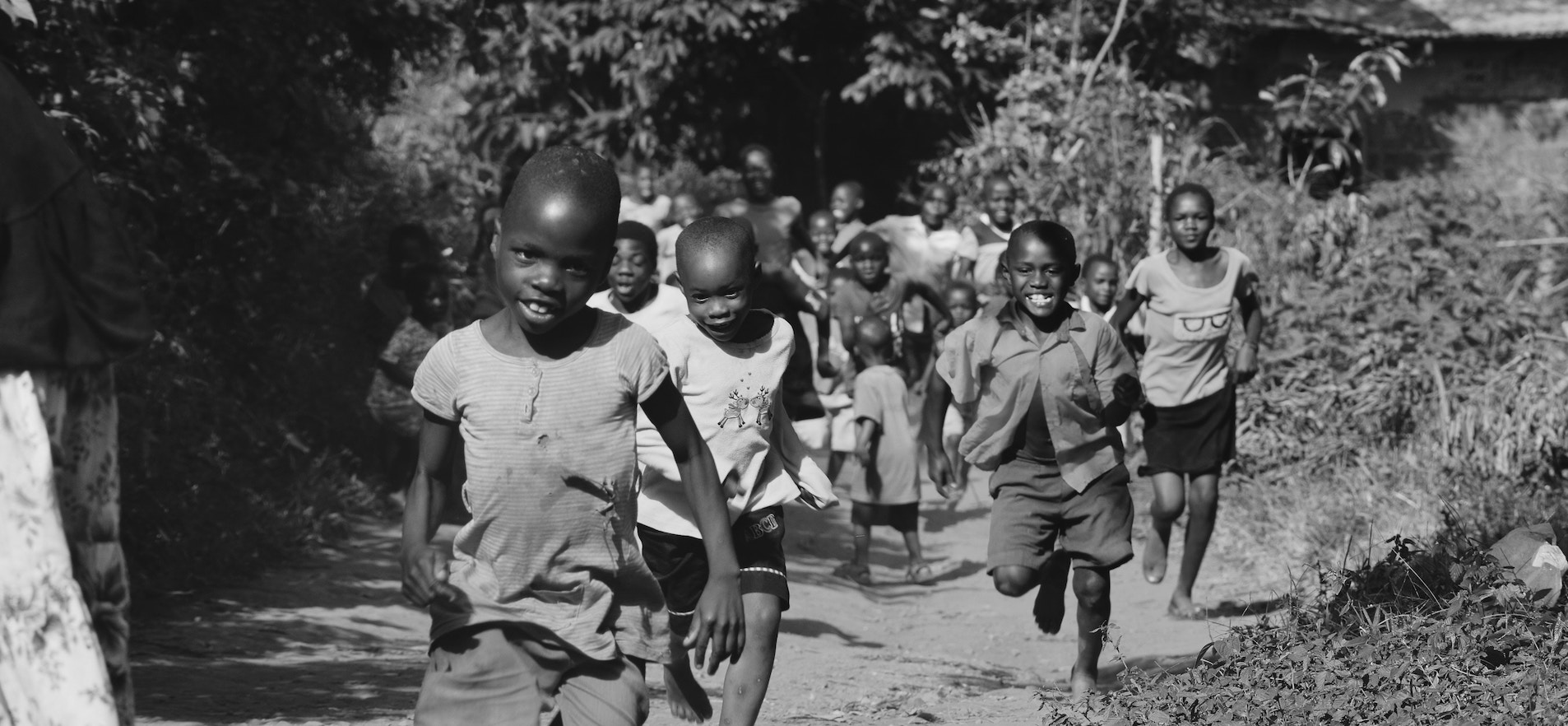Episode 122: An Interview with Dr. Gregg Okesson – Witnessing To A Complex World (Pt. 2)
In this episode we pick up our conversation with Dr. Gregg Okesson to talk with his book A Public Missiology: How Local Churches Witness to a Complex World and what it looks like for local churches to witness to the reign of Jesus Christ in all of life.

Be sure to subscribe to our YouTube Channel and follow us on Instagram, Facebook and Twitter to stay connected with us throughout the week!
Sending is an important function for the church… but historically one of the most radical things that Christians have done is to gather… we need to think of local congregations as people who gather in ways that are different from the world…
People talk about the problems of people bringing their politics and ideologies to church… but that happens all the time… we need the sacraments, worship, and preaching to challenge those ideologies…
This is where we need to be a people of difference—we worship the King of the universe… all ideologies need to be challenged at the foot of the cross and the resurrection of Jesus Christ…
One of my heroes is Lesslie Newbigin, who said that the cross is a profound “no” to all ideologies… they all need to come to the foot of the cross and die… just like individuals, even “publics” need to come and die…
But Newbigin also said that the resurrection is a glorious “yes” to God’s creating and reconciling work… we need to go out into the fullness of God’s world saying “yes” to politics and economics…
If we take public witness seriously, we will discover the gospel of Jesus Christ… there’s a lot of preaching out there that has nothing to do with the gospel, or is so thin that it has no ability to speak to the public realm…
To preachers I would say that while it’s wonderful to get into all kinds of exegesis, we need to tell the full story of the gospel over and over again… the world is “storying” us one way, and we have the greatest story of all… we need to tell it to our people…
Every congregation is different and pastors need to know their congregations… they need to know where and how to affirm the good… but if we are not regularly calling into question the reigning assumptions of our day, we are not fulfilling our role as preachers of the gospel of Jesus Christ…
Pastors need to spend time with people and live in the “publics” around their congregation… we need to do strong biblical exegesis and strong cultural exegesis at the same time…





